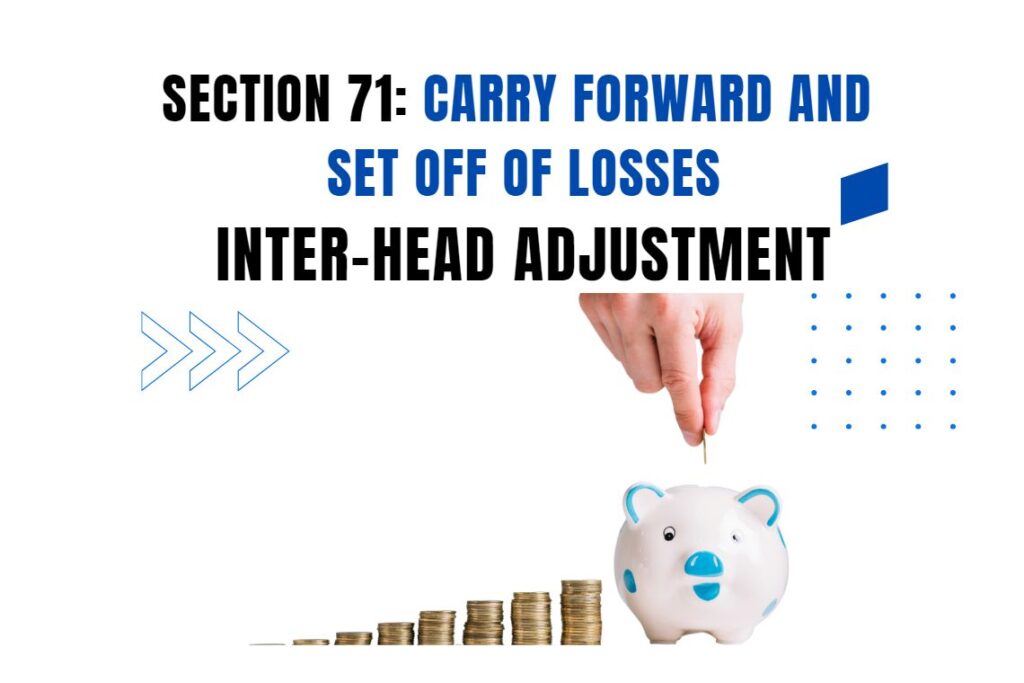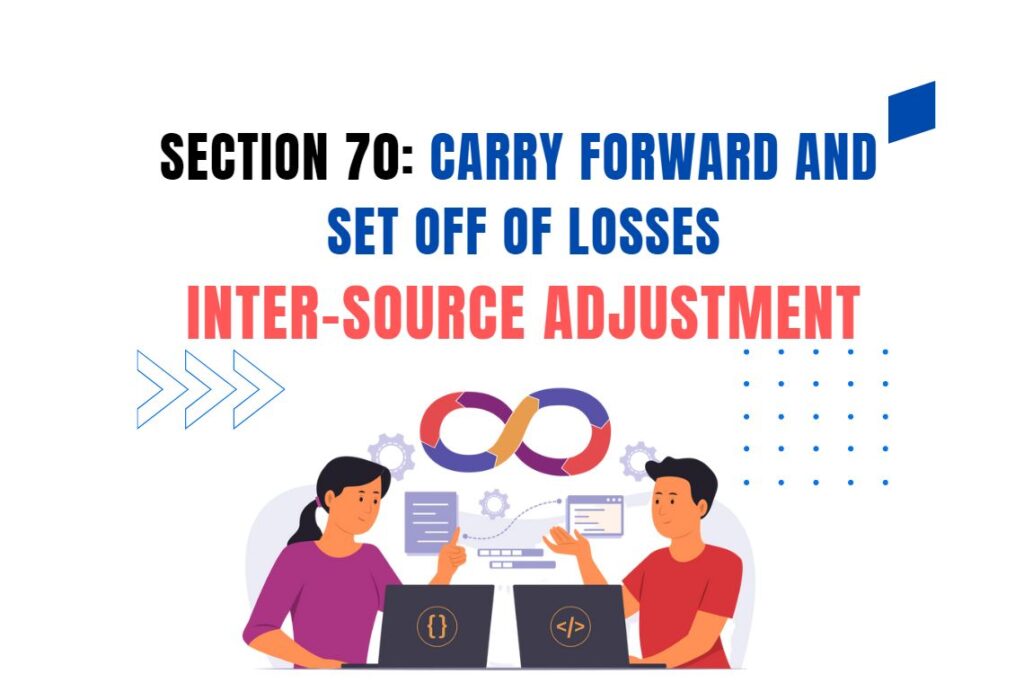Here’s a detailed explanation of Section 78(2) regarding carry forward and set-off of losses in case of succession:
1. General Rule for Succession [Section 78(2)]
- Normally, when a business is succeeded by another person (other than by inheritance), neither the predecessor nor successor can carry forward losses.
- This prevents artificial transfer of losses to new entities for tax avoidance.
2. Exception for Inheritance
- If succession occurs through inheritance(e.g., death of proprietor), the successor can carry forward the predecessor’s business losses, provided:
- The same businessis continued without substantial interruption.
- There is continuity in operations(same premises, clients, trade name, etc.).
- The succession is documented(e.g., will, legal heir certificate).
Example:
A sole proprietor dies, leaving his textile business to his son. The son can carry forward ₹5 lakh accumulated losses if he continues the same textile trade.
3. Key Conditions for Inheritance Exception
- No time gap: Business must resume promptly (even if via partnership deed execution shortly after death).
- Identical business: Successor must operate the same core activity(e.g., speculation business cannot turn into manufacturing).
- No depreciation carryforward: Only business lossesqualify; unabsorbed depreciation lapses.
4. Judicial Precedents
- Madhukant Mehta Case (SC): Upheld loss carryforward where heirs continued a speculation business with the same name, premises, and clients within a month of death.
- Rajasthan HC Ruling: Mergers/amalgamations do not qualifyas inheritance.
5. Restrictions
- Exclusions:
- Corporate restructuring (e.g., mergers) falls under Section 72A, not Section 78(2).
- Professional firms converting to LLPs/companies require compliance with Section 47(xiii).
- Documentation: Successor must prove inheritance via legal heir certificates, wills, or partnership deeds.
6. Practical Implications
- Tax Planning: Heirs should maintain business records to demonstrate continuity.
- Compliance: File ITR for the deceased(up to death date) and successor entity separately.






